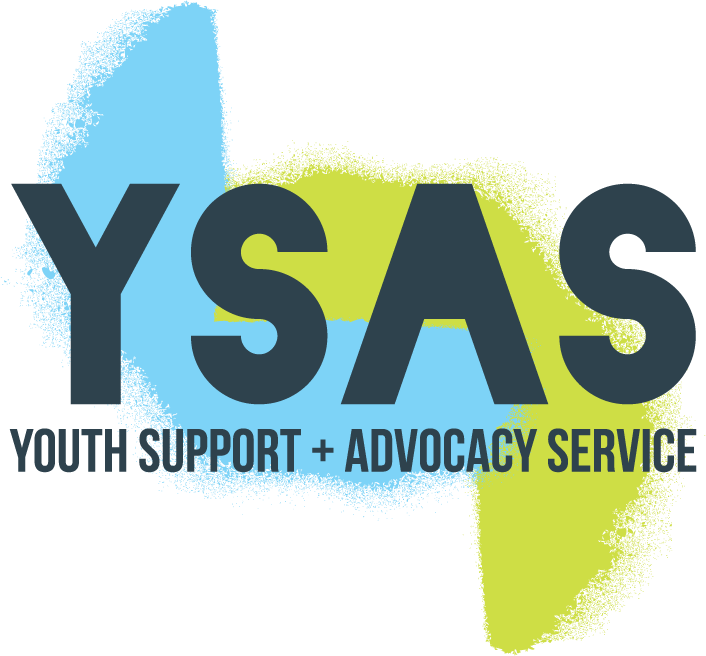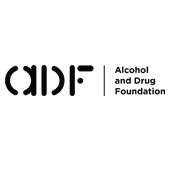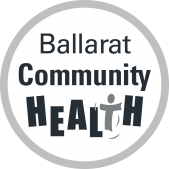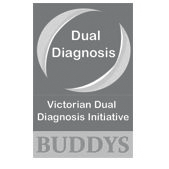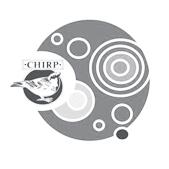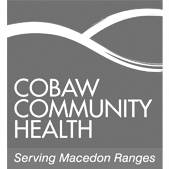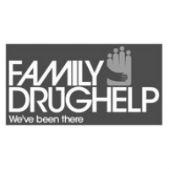Drug Facts
Tobacco-Fast facts for workers
Often overlooked in a treatment context, tobacco contributes to more deaths in Australia than any other drug.
WHAT
Tobacco is a stimulant derived from leaves of the tobacco plant. Nicotine is tobacco’s active, addictive ingredient. Tobacco can be bought and used legally by people over 18.
OTHER NAMES
Cigs, fags, butts, darts, smokes, cancer sticks, ciggies, rollies.
HOW COMMON IS USAGE
In 2010, one in six Australians aged over 14 years (15.1 per cent) smoked tobacco daily (National Drug Strategy Household Survey, 2010).
APPEARANCE
Cigarettes, cigars, pipe tobacco, chewing tobacco, and wet and dry snuff.
USE
Smoked (cigarette or pipe), sometimes chewed or sniffed.
EFFECTS
Relaxation, reduced appetite, increased alertness, mild euphoria, dizziness, abdominal cramps, and vomiting. Effects are felt almost immediately and can last between 15 and 60 minutes when smoked.
OVERDOSE
Combining nicotine patches with gum or cigarettes may result in confusion, shallow breathing or seizures. An ambulance should be called if any of these symptoms occur. Tobacco use has serious long-term health consequences such as emphysema, heart attack, stroke and lung cancer.
COMMON MIXERS
Alcohol, resulting in increased consumption (social smoking). It is also often combined with cannabis in a rolled cigarette known as a joint.
SOME COMMON HARM REDUCTION STRATEGIES
Encourage a young person to:
- Reduce the number of cigarettes smoked daily
- Use patches or gum to reduce smoking’s health risks
- Smoke in open spaces to reduce second-hand smoke
Didn’t find what you’re looking for? Try The ADF’s in-depth information.




